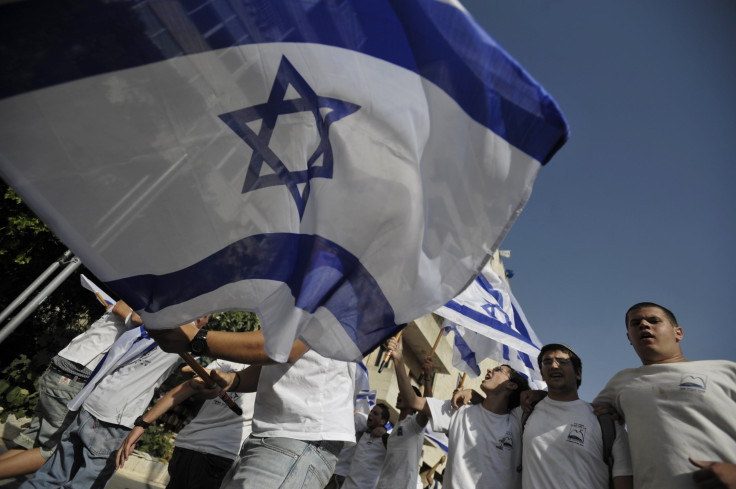Jerusalem Day 2015: History And Facts About Israeli National Holiday, Yom Yerushalayim

Forty-eight years ago, Jerusalem was reunited under Jewish sovereignty for the first time in centuries in the aftermath of the Six-Day War of 1967. Although the Israeli national holiday has lost its appeal to many secular Israelis, more than 100 communities across the country on Sunday will participate in joint learning, singing and prayers between state secular and state religious school students. Some schools have also planned joint field trips to Jerusalem Day parades to commemorate the historic establishment of Israeli control over the Old City.
Here are eight facts to know about the history of Jerusalem Day and how the national holiday is celebrated:
1. The Six-Day War, from June 5 to 10, 1967, was the third Arab-Israeli war. Israel’s critical victory included the capture of Sinai Peninsula, Gaza Strip, West Bank, Old City of Jerusalem and the Golan Heights. The Arab countries’ losses in the conflict were devastating compared with Israel's. Egypt suffered more than 11,000 casualties, while Jordan had 6,000, Syria had 1,000 and Israel had 700.
2. The Six-Day War created hundreds of thousands of refugees. In the aftermath of the war, more than 1 million Palestinians in the occupied territories were brought under Israeli rule, which opened a new chapter of conflict between Palestinians and Israelis.
3. On June 7, 1967, the Israel Defense Forces liberated the Old City of Jerusalem, ending 19 years of Jordanian rule. Israeli Defense Minister Moshe Dayan made the following statement at the Western Wall that afternoon:
"This morning, the Israel Defense Forces liberated Jerusalem," Dayan said. "We have united Jerusalem, the divided capital of Israel. We have returned to the holiest of our holy places, never to part from it again. To our Arab neighbors we extend, also at this hour — and with added emphasis at this hour — our hand in peace. And to our Christian and Muslim fellow citizens, we solemnly promise full religious freedom and rights. We did not come to Jerusalem for the sake of other peoples' holy places, and not to interfere with the adherents of other faiths, but in order to safeguard its entirety, and to live there together with others, in unity."
4. On May 12, 1968, the Israeli government proclaimed a new holiday – Jerusalem Day – to be celebrated on the 28th day of Iyar in the Jewish calendar to mark the liberation and reunification of the Old City. Israel’s parliament, or Knesset, passed the Jerusalem Day Law in 1998, making the day a national holiday.
5. Since the Six-Day War, Jerusalem Day is observed unofficially by many Israelis and Jewish people worldwide. However, the public holiday has lost some significance outside Israel’s religious Zionist community, which has continued to celebrate Jerusalem Day with additional prayers in synagogues.
6. Jerusalem Day is known in Hebrew as Yom Yerushalayim.
7. This year, Jerusalem Day will be observed on May 17. In 2014, Jerusalem Day was celebrated on May 28. Israelis mark the national holiday with state ceremonies, parades and memorial services.
8. Israel celebrated the 40th anniversary of the reunification of Jerusalem in 2007 with the Hebrew slogan, “Mashehu Meyuhad leKol Ehad” or “Something Special for Everyone.” Part of the Jerusalem-Tel Aviv highway was lit up with decorative blue lighting, which remained in place throughout the year.
© Copyright IBTimes 2024. All rights reserved.





















